Is it me, or has Tchaikovsky gone a little out of fashion? Time was when every conductor worth his salt put out a symphony cycle, while discs of the orchestral fireworks were legion. Even in a more crowded field, however, Alpesh Chauhan’s ongoing survey would make its mark thanks to a combination of savvy programming, idiomatic conducting and Chandos’s stellar sonic engineering.
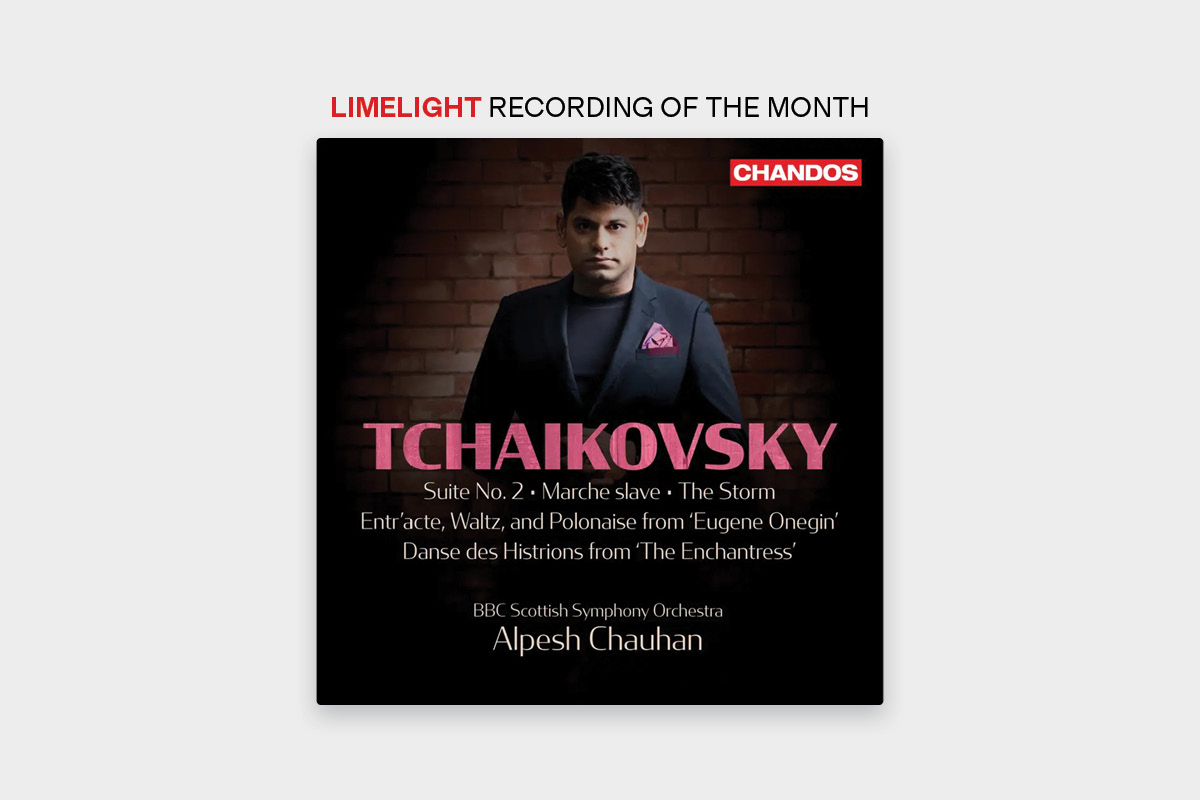
This is the third volume in the series, and by the look of it there could be several more to come. Chauhan continues the trend of performing the warhorses alongside more esoteric fare, with the latest instalment centring on the Second Orchestral Suite – a 40-minute tour de force that is surprisingly rare these days. He follows it up with bonnes bouches from Eugene Onegin, rarities including a dance from The Enchantress and a student overture, The Storm, and finishing off with the good old Marche Slave.
Tchaikovsky turned to the idea of the Suite – he ultimately penned four – after the tumultuous self-confessions of the Fourth Symphony. It proved fertile ground, offering an outlet for his creativity, unbounded by the constraints of symphonic form. The...
Continue reading
Get unlimited digital access from $4 per month
Already a subscriber?
Log in


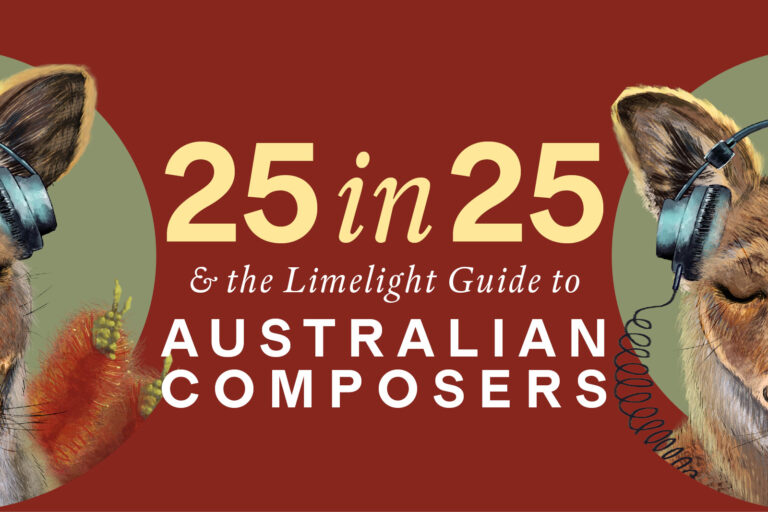
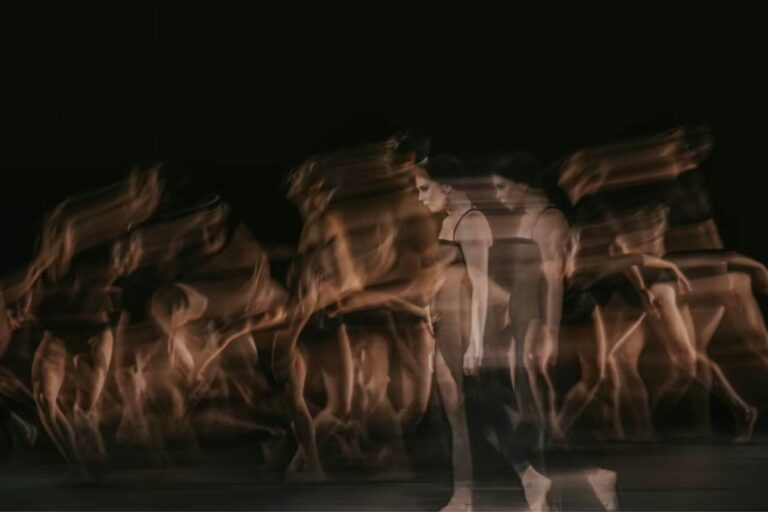

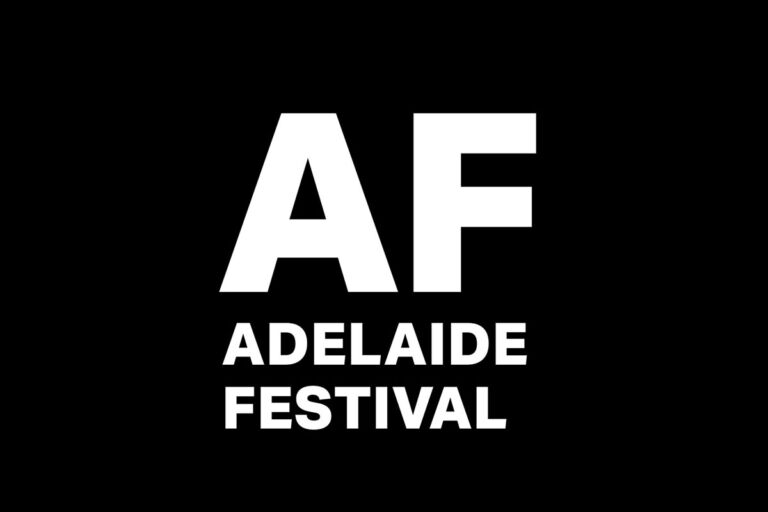
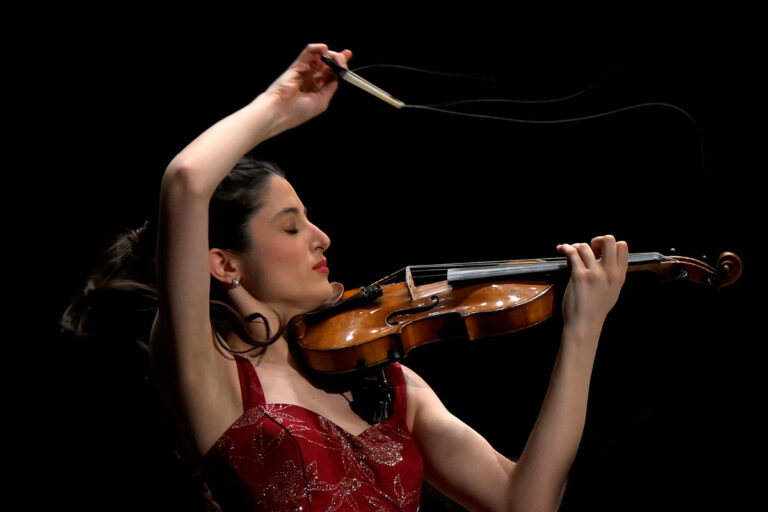



Comments
Log in to start the conversation.